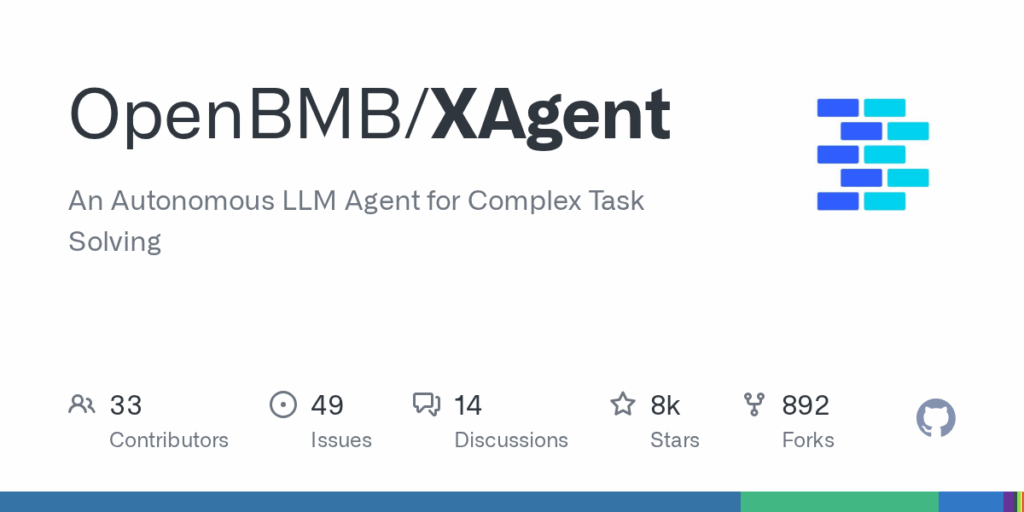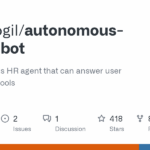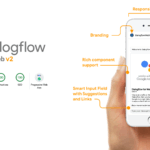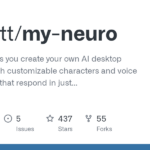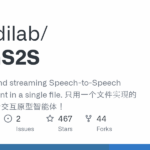XAgent
Basic Information
XAgent is an open-source experimental autonomous agent driven by large language models, designed to automatically solve a wide range of tasks without human intervention while also supporting human collaboration. The system bundles an agent runtime, a ToolServer for safe tool execution inside Docker, and both GUI and command-line interfaces so users can interact with the agent. XAgent decomposes tasks into subtasks via a Planner, dispatches work to different agents via a Dispatcher, and executes actions with an Actor that uses tools such as a file editor, Python notebook, web browser, shell, and Rapid API connectors. The project includes setup instructions, configuration via assets/config.yml, instructions for supplying OpenAI API keys and recommended models, examples and demos, and facilities to record and reproduce runs including intermediate steps and LLM inputs and outputs.

